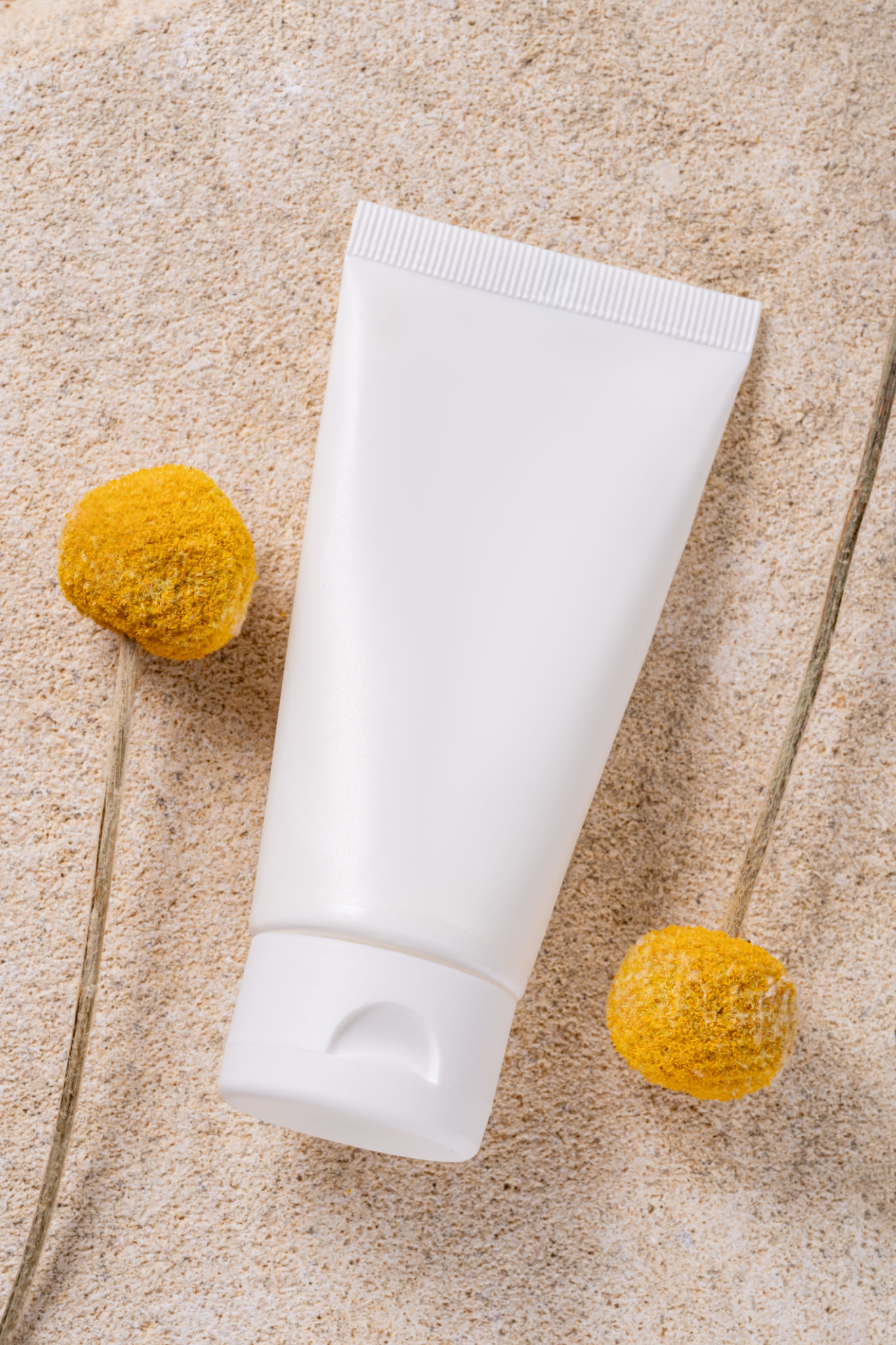Eco-Friendly Sunscreen: Choosing the Best Products for You and the Planet
Why Choose Eco-Friendly Sunscreen?
As awareness about environmental conservation grows, more individuals are becoming mindful of the products they use. Sunscreens, in particular, have come under scrutiny due to their potential impact on marine life. Traditional sunscreens often contain chemicals like oxybenzone and octinoxate, which can harm coral reefs and disrupt aquatic ecosystems. Choosing an eco-friendly sunscreen not only protects your skin but also plays a crucial role in preserving our planet's delicate ecosystems.
Eco-friendly sunscreens are formulated with natural ingredients that are safer for the environment. They often use mineral-based filters such as zinc oxide and titanium dioxide, which provide broad-spectrum protection without harming marine life. By opting for these products, you're contributing to a more sustainable future.

Key Ingredients to Look For
Mineral-Based Filters
When selecting an eco-friendly sunscreen, it's important to look for mineral-based filters. Unlike chemical filters, mineral filters sit on top of your skin and reflect UV rays away from it. Zinc oxide and titanium dioxide are the two primary ingredients you'll want to see on the label. These minerals are non-toxic and biodegradable, making them a top choice for environmentally-conscious consumers.
Natural and Organic Ingredients
In addition to mineral filters, eco-friendly sunscreens often contain natural and organic ingredients that nourish your skin. Look for formulations that include ingredients like aloe vera, coconut oil, and green tea extract. These components not only enhance the protective qualities of the sunscreen but also soothe and moisturize your skin.

Avoiding Harmful Additives
When choosing a sunscreen that's both effective and environmentally friendly, it's beneficial to avoid certain harmful additives. Common ingredients such as parabens, phthalates, and synthetic fragrances can contribute to skin irritation and environmental pollution. Opting for products free from these additives ensures you're making a choice that's safer for both your health and the planet.
Additionally, be wary of sunscreens packaged in non-recyclable materials. Many eco-friendly brands use sustainable packaging made from recycled or biodegradable materials, further reducing their environmental footprint.

Choosing the Right Product for Your Skin Type
Eco-friendly sunscreens come in various formulations to suit different skin types. Whether you have oily, dry, or sensitive skin, there's a product designed to meet your needs.
- Oily Skin: Look for lightweight, non-comedogenic formulas that won't clog pores.
- Dry Skin: Opt for moisturizing sunscreens that include hydrating ingredients like hyaluronic acid.
- Sensitive Skin: Choose fragrance-free and hypoallergenic options to minimize the risk of irritation.
Supporting Responsible Brands
When purchasing eco-friendly sunscreen, consider supporting brands that prioritize sustainability. Many companies are committed to ethical practices, such as sourcing ingredients responsibly and ensuring fair labor conditions. By choosing products from these brands, you're endorsing a business model that values environmental stewardship and social responsibility.
Look for certifications like "Reef Safe" or "EcoCert" on product labels to ensure the brand adheres to eco-friendly standards. Your choices as a consumer can drive positive change in the industry.

The Broader Impact of Eco-Friendly Sunscreen
Embracing eco-friendly sunscreen is a small yet impactful step towards greater environmental consciousness. It's a choice that aligns personal health with planetary well-being. By using products that are kind to the Earth, you're participating in a global movement that seeks to preserve natural resources for future generations.
The next time you reach for sunscreen, remember its potential impact beyond just UV protection. By choosing wisely, you ensure that your actions contribute positively to the world around you.